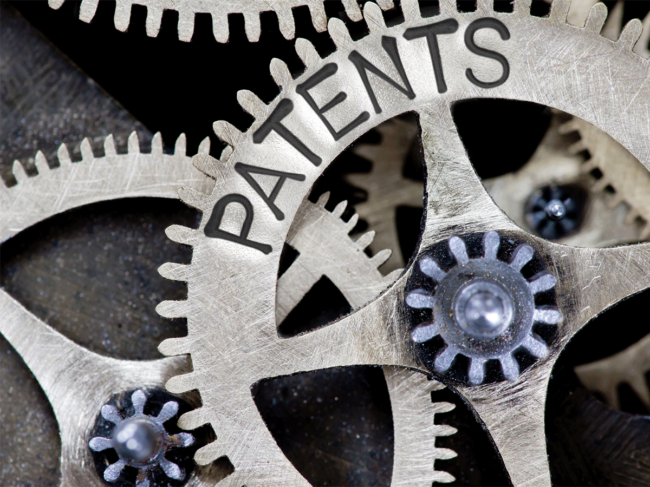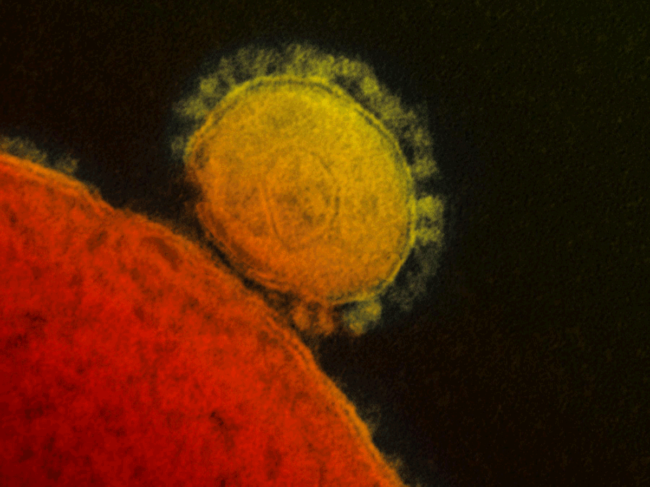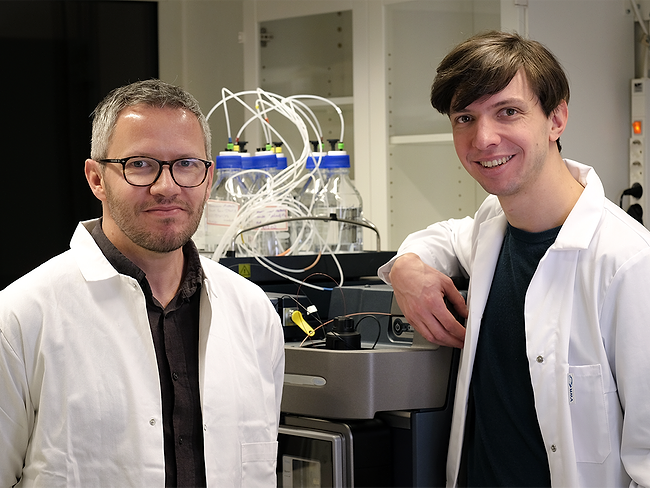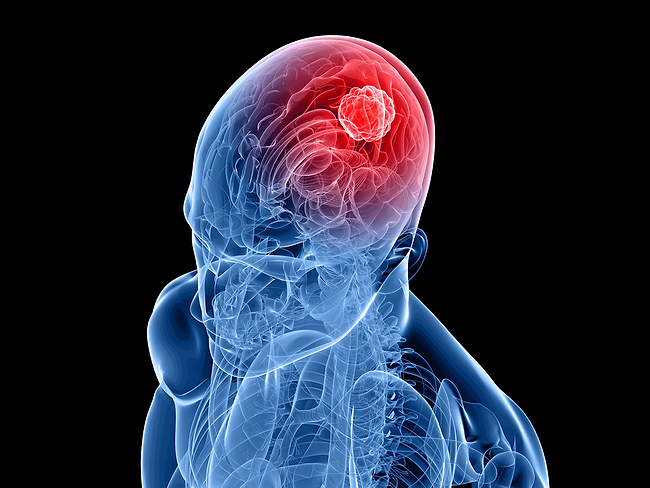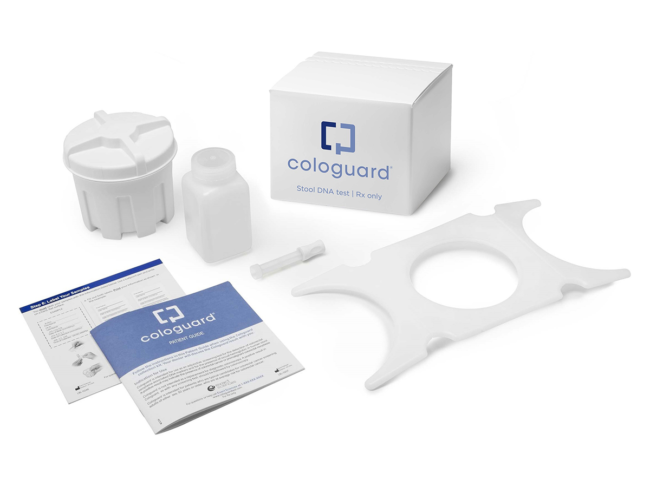
Diagnostics
Precision Medicine World Conference
Novel Dx companies start to see a better path with payers, but continue to work all the angles
Read MorePrecision Medicine World Conference
Cancer genomic tests often aren’t done to guideline; germline data presents unique issues
Read MoreJ.P. Morgan Healthcare Conference
